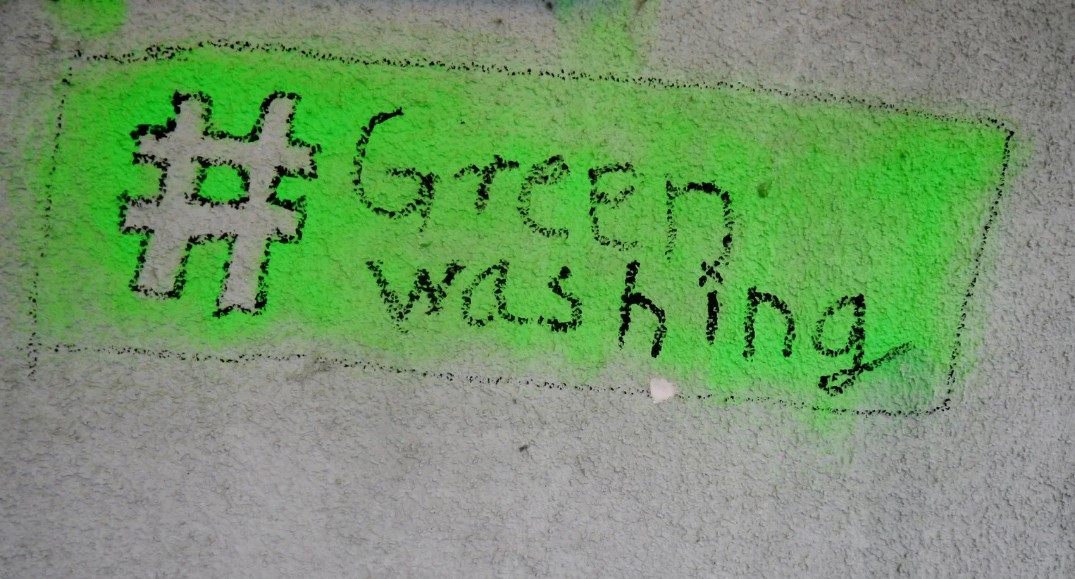The SEC has accused New York-based investment advisor WisdomTree Asset Management of “making false statements and compliance failures related to the execution of an investment strategy marketed as ESG.”
According to the SEC order, from March 2020 to November 2022, WisdomTree stated in the prospectuses of three ETFs marketed with ESG criteria, and before the board of trustees overseeing the funds, that they would not invest in companies involved in certain products or activities, including fossil fuels and tobacco.
However, the SEC’s documentation concludes that the funds marketed as ESG invested in companies related to fossil fuels and tobacco, including coal mining and transportation, natural gas extraction and distribution, and retail sales of tobacco products. “WisdomTree used data from external providers that did not exclude all companies involved in activities related to fossil fuels and tobacco,” the SEC order explains, also concluding that the firm lacked policies and procedures for the selection process that would exclude such companies.
As Sanjay Wadhwa, Acting Director of the SEC’s Division of Enforcement, recalls, federal securities laws impose a simple proposition: investment advisors must do what they say and say what they do. “When investment advisors claim they will follow certain investment criteria, whether investing in or refraining from investing in companies engaged in certain activities, they must adhere to those criteria and adequately disclose any limitations or exceptions to those criteria. In contrast, the funds involved in this action made precisely the types of investments that investors would not have expected based on WisdomTree’s disclosures.”
For its part, WisdomTree has accepted the SEC’s order concluding that it violated the antifraud provisions of the Investment Advisers Act of 1940 and the Investment Company Act of 1940, as well as the compliance rule under the Investment Advisers Act. Without admitting or denying the SEC’s findings, WisdomTree agreed to a cease-and-desist order, a censure, and to pay a $4 million civil penalty.



